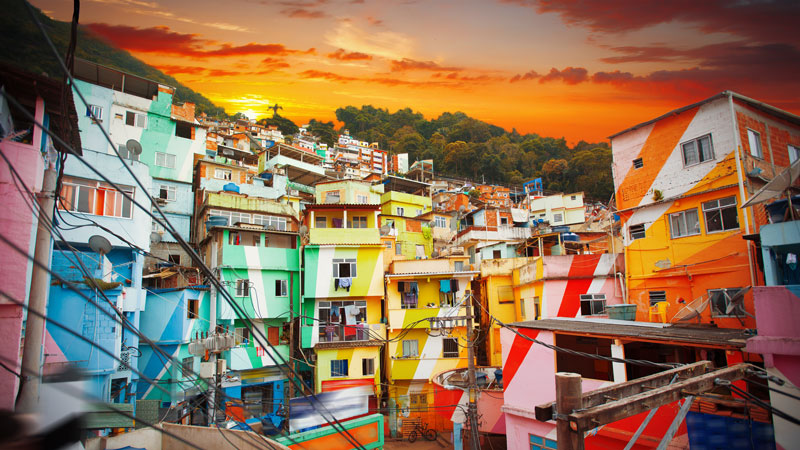Jan 8, 2019
(Im)possible complicities: Co-production, co-creation, co-optation
As part of our project Co-Creation, our partners from Tesserae, are organising a conference to look at practices and reflections which may help to understand and critically study community-based co-production and co-creation.
The conference will look at a number of fields related to activism in housing, public space development, employment, migration, energy efficiency, climate change, food and waste management.
Participative approaches in local policy are evergreen prescriptions, undisputed receipt for any intervention aimed at spatial development, social cohesion and cultural empowerment. Creativity is the natural seasoning of initiatives aimed at social and spatial development in distressed territories. Artists and designers search the complicity of citizens and local communities to legitimate their production with the blessing of the collectivity. In return, their language and skills may empower the communication and organisation capacity of local communities. They can support reflexive capacity and give voice to local struggles, or engender in the most successful cases solidarity. There is quite a rich literature on examples of innovation at micro level, but the local scale alone cannot be where all problems are created, understood and solved.
While the localist discourse is often used to veil receding public support and let local communities to compete alone for survival and resiliency, creativity fostering social innovation finds itself distorted into palliatives, if not mere cosmetic practices. The purpose of producing benefits for local communities and dispossessed subjects easily may turn into producing visibility for the creative players themselves. Artists and social workers mediating co-productive processes end up more or less consciously into serving vested interests. Greenwashing, art washing, gentrification, are some of the words employed to spell the cooptation of creative forces into subordination to the dominant players and economic forces.
We welcome papers and artworks which address questions regarding:
- The meaning of co-creation, co-production, co-optation
- Co-creation and community engagement for what and for whom
- The role of art in addressing political agency at different scales
- The issues of ownership/authorship in co-creation processes
- Time and engagement, the limits and advantages of short-terms vs long-terms
(Im)possible Complicities conference looks for ideas that come from practice and concrete engagement in distresses territorial contexts. We want to discuss the potential and pitfalls of cocreative projects with activists, artists and academics that share a constructive as much as critical view on the topic.
The conference is part of the CoCreation- EU Marie Curie Rise project involving academic and non-academic partners from Europe and Latin America.
The conference will have a practice-oriented multidisciplinary approach. We encourage non strictly academic formats and interactive presentations. A session will be dedicated to film screening or presentations based on audio-visual works (max 20 min.).
Please send abstracts to Dr Laura Colini laura@tesserae.eu .
Abstracts should be prepared in a word processing document and include the following:
- Title
- Five keywords
- Affiliation
- Max 300 words abstract
- Max 100 words biography
Film submissions should be sent to Dr. Lorenzo Tripodi lorenzo@tesserae.eu in the same format of the paper presentations including a link and password to access the film.
The deadline for receipt of abstracts is 15th February 2019
The selection will be communicated by 25th March 2019

